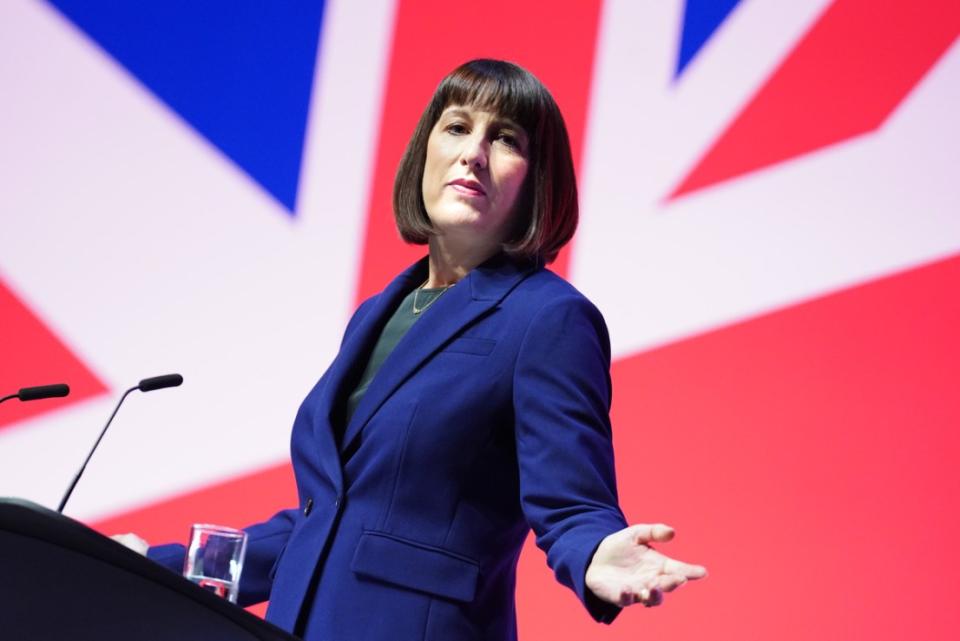For Labour, these last 24 hours have been years in the making

She may not have much of a Texan drawl, but Rachel Reeves’ commitment yesterday to no new tax hikes under a Labour government certainly matched the import of George Bush Senior’s commitment more than three decades ago.
It is a commitment that we, and much of corporate Britain, will hold her to if Labour does manage to hold onto its substantial poll lead.
For Labour, the last 24 hours have been years in the making. It is hard to credit, sometimes, that it is less than five years since the party’s economic policy consisted of Jeremy Corbyn nationalising whatever was in his immediate line of sight and John McDonnell throwing the Little Red Book around the House of Commons.
There were quibbles that Labour’s ‘letter of support from business leaders,’ released yesterday morning, didn’t contain the names of FTSE-100 CEOs.
Five years ago, if you’d found the boss of any company with a ‘Vote Labour’ badge you’d have expected the shareholders to step in and craft a delicate exit statement. Things have changed.
What hasn’t changed is the public finances, which is why Reeves’ statement was so interesting. Of course, it was no panacea for tax-cutting types like us: she did not say was that personal tax allowances would move up with inflation, removing the fiscal drag stealth tax this current government has taken such joy in inflicting on middle Britain.
But she did at least establish the terms of the economic debate to come: if there are no new taxes, then Labour must be serious about the public sector reform they’ve talked about – and be willing to take on the enemies they’ll make by going through with it. Detail on those policies remains scant, but at least there appears to be an assumption that it can’t cost anymore than it already does.
It was a promising start, but it is a long campaign.

 Yahoo Finance
Yahoo Finance 